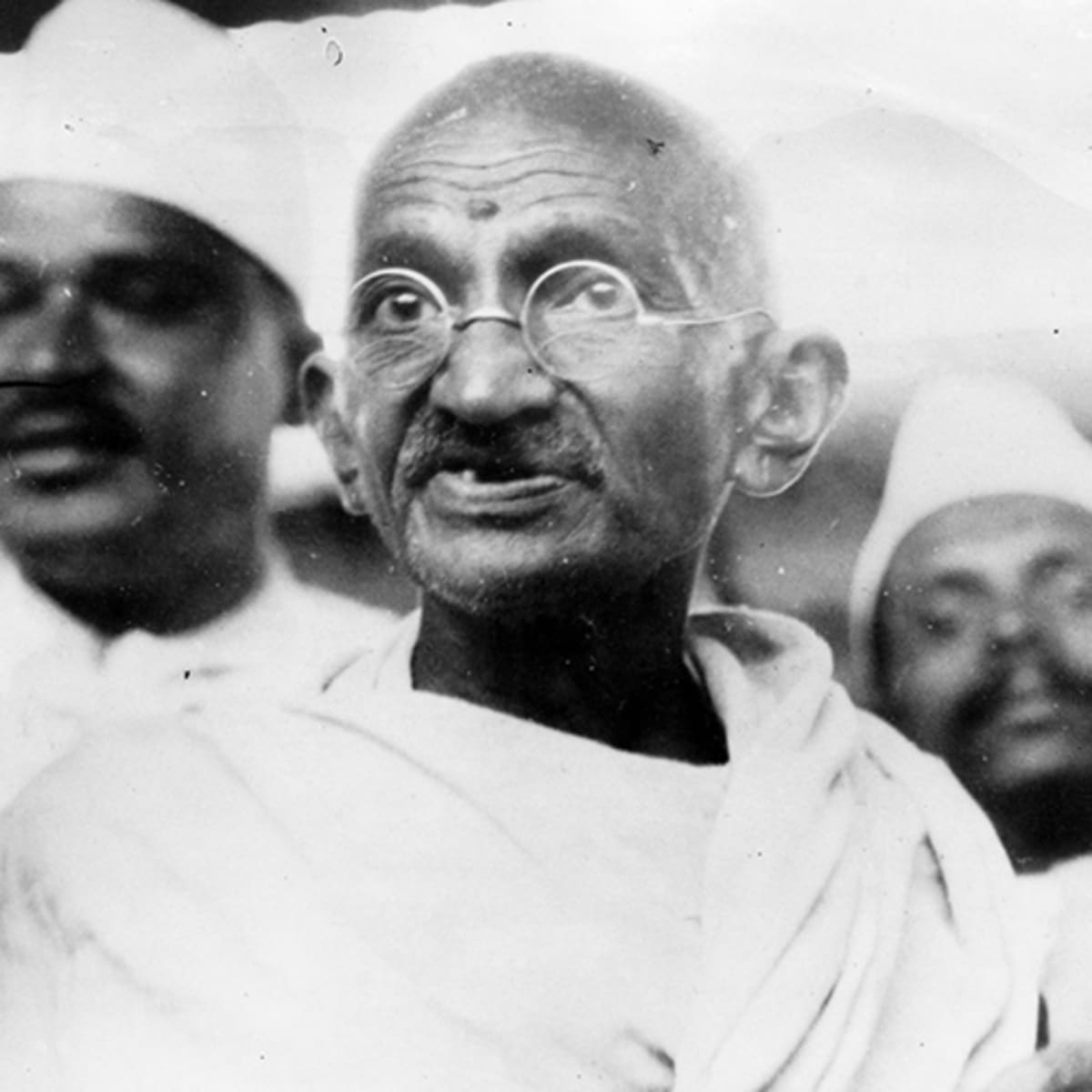A few short days from now, the anniversary of the martyrdom of Mahatma Gandhi will be here. On 30 January 1948 he was assassinated by an individual who developed a fatal aversion to the saint owing to his emphasis on looking at things from the point of view of the other side. More than anything else in his life, the preventing of Partition and the horrors that he knew that result would bring, guided and motivated his actions. There can be no doubt that Hindus and Muslims are brothers and sisters of each other, and need to live and work peaceably and productively together. At the same time, aware that public opinion was turning against them because of the extortionate nature of British rule, successive Viceroys worked strenuously at creating a divide between Hindus and Muslims, and planted the seeds of the Two Nation theory in the minds of some leaders of the Muslim community. Gandhiji was right, Partition was a disaster, including for the Muslims, who would by now have numbered 500 million in a united subcontinent. Born out of hatred, Pakistan is clearly on a journey towards a meltdown caused by the suppression of the freedoms and rights of its people by a rapacious and brutal military that did not hesitate in the slightest to even commit genocide, including in Bangladesh and continuing to the present, in Balochistan and in the Pashtun territories. Hate only breeds hate, as Mahatma Gandhi saw it, and he was right. He sought to transform hate into love by teaming up even with those having an exclusivist agenda, such as the prime movers of the 1919 Khilafat movement. This was a quixotic, revivalist endeavour that sought to reverse the journey towards secularism that Mustafa Kemal Ataturk wanted his country to emerge into. To the end of his life, the Mahatma sought to conciliate with kindness and with acceptance of their wishes those who opposed him on the ground that they regarded Muslims as needing to be apart from Hindus, finally in a separate country where they would form a majority. Despite conciliatory gesture after conciliatory gesture, including offering the Prime Ministership to M.A. Jinnah if the latter would give up the demand for partition, it was Jinnah who succeeded where the Mahatma could not. India was partitioned and Pakistan was created. Soon after that, Mahatma Gandhi lost his life as a consequence of his insistence on seeing the best side of his opponents, in the view of some of his admirers, even when such a side did not exist.
How Mahatma Gandhi sought to win over religious exclusivists who stood by the pernicious Two Nation theory which was the foundation of the new state of Pakistan has been exhaustively described. What is less clear is why he continued to do so even after partition had become a reality. It was perhaps the Mahatma hoped that one more concession, one more act of one-sided generosity towards a foe, would change hatred to love. Such singleness of purpose has ensured that the world admires the life and legacy of the Mahatma, who has inspired great instruments of change such as Nelson Mandela in South Africa and Martin Luther King in the US. Although the Mahatma was cruelly snatched away from us so long back, the torch he lit, the legacy he created, should not be allowed to fade away. As of now, plans are ongoing for a rally of vehicles of immense number during the time when the Republic Day will be celebrated by the Rajpath parade. This is a moment of joy for citizens of India, and it must be kept in mind by all participants of such a “tractor rally” that the example of the Mahatma must guide their actions. There should not be any violence, not simply in terms of fisticuffs or the use of weapons, but through the blocking of citizens from going about their everyday life, a fundamental right. Ideally, by the time Republic Day comes by, there ought to be a settlement of the issue in terms of the agitation against the farm laws being withdrawn. The offer by the Government of India to keep in suspended animation the three farm laws for 18 months is a major concession and needs to be taken as such. During that cooling off period, surely a solution could be found that both sides accept. Even should it be deemed by the organisers of the protest that the agitation must continue, as well as the tractor rally, the legacy of the Father of the Nation needs to be always kept in mind. Absence of violence and seeking common ground is the manner in which democracy needs to be celebrated in a country that from the start has held the largest free elections in the world.
Remember the Mahatma through his teachings
- Advertisement -

